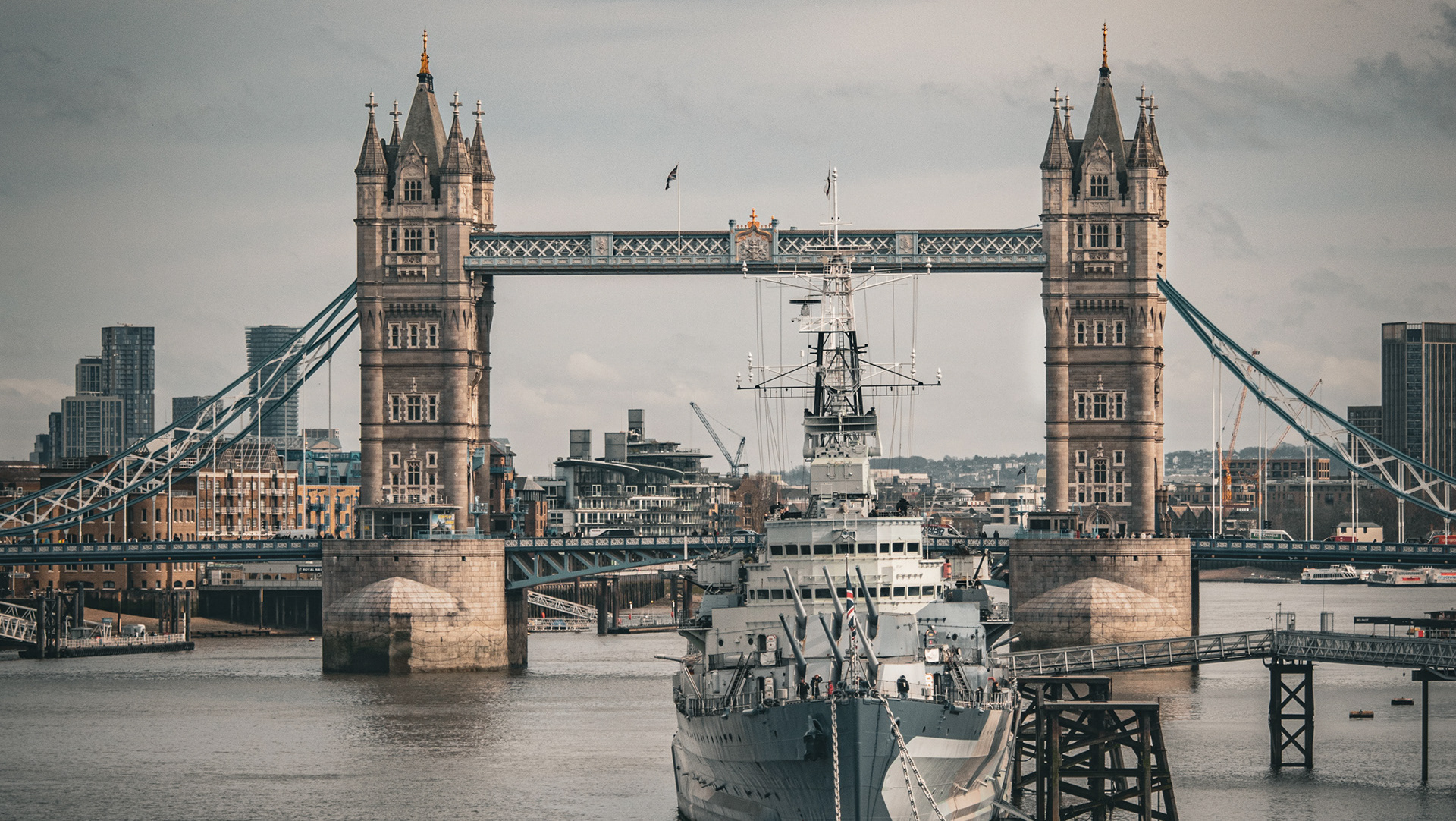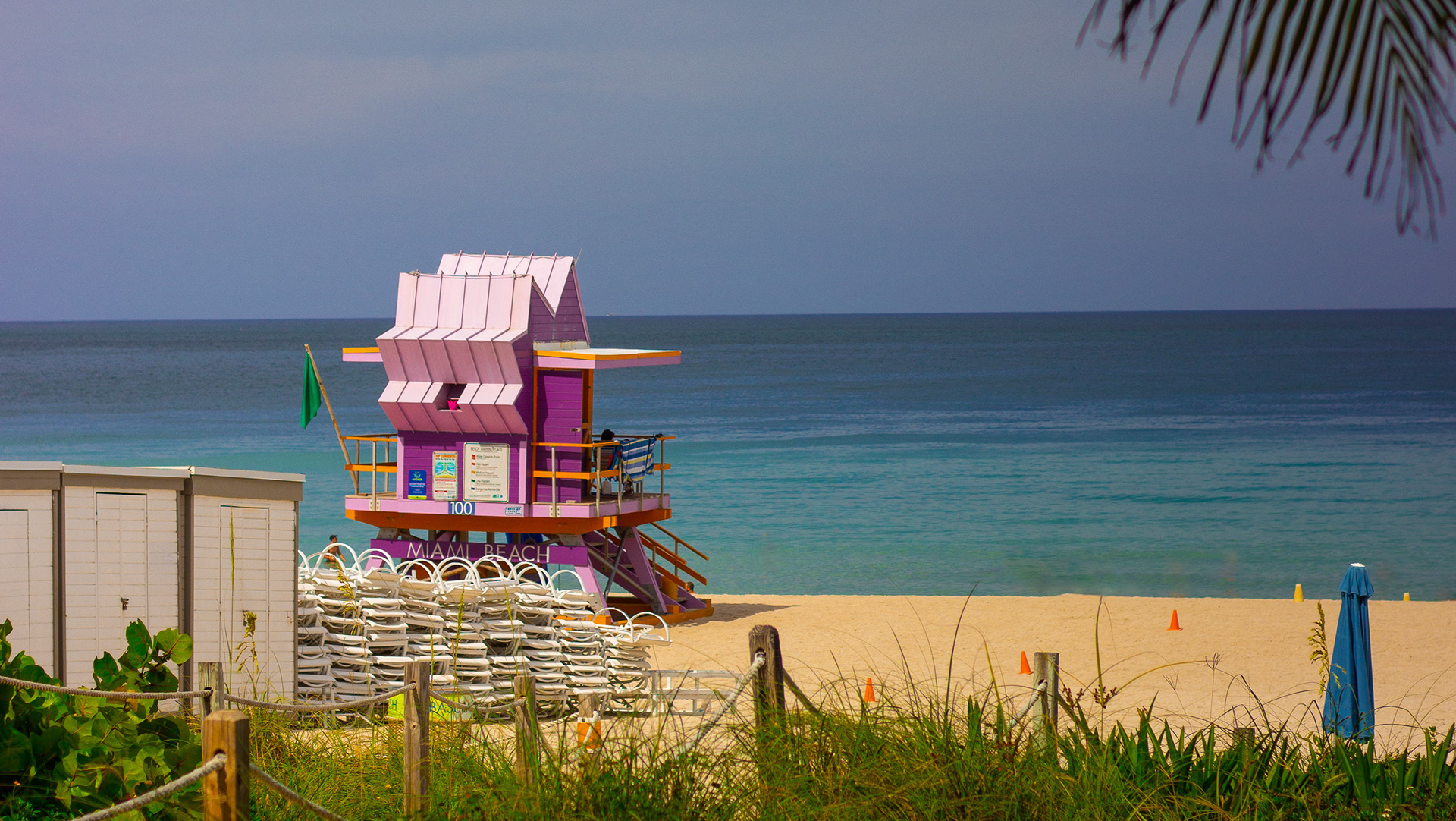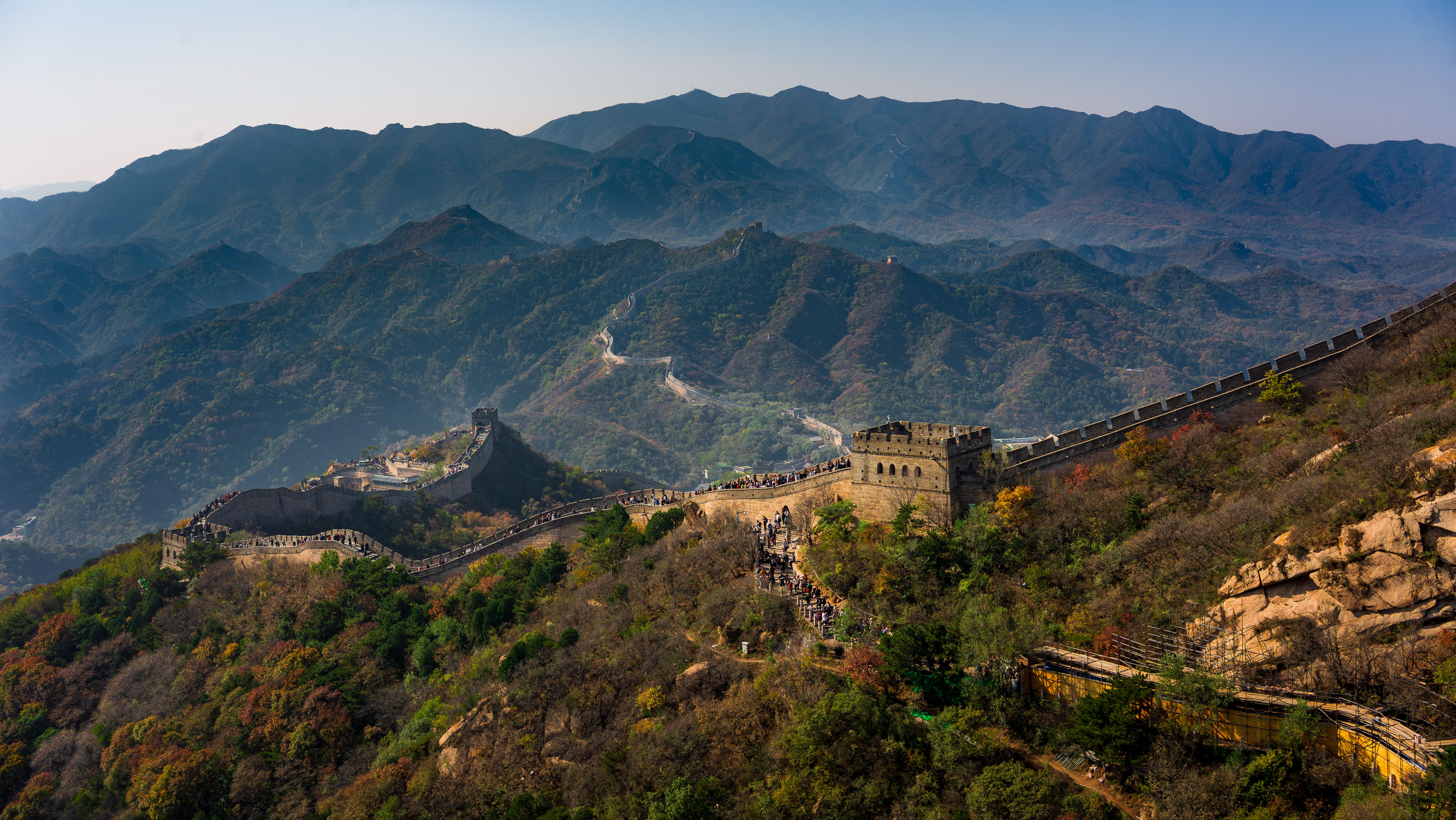Hong Kong is a special administrative region of China. With 7.4 million residents of various nationalities[f] in a 1,104-square-kilometre (426 sq mi) territory, Hong Kong is the fourth most densely populated region in the world.
Hong Kong was established as a colony of the British Empire after the Qing dynasty ceded Hong Kong Island in 1841–1842 as a consequence of losing the First Opium War. The colony expanded to the Kowloon Peninsula in 1860 and was further extended when the United Kingdom obtained a 99-year lease of the New Territories in 1898. Hong Kong was occupied by Japan from 1941 to 1945 during World War II.
The territory was handed over from the United Kingdom to China in 1997. Hong Kong maintains separate governing and economic systems from that of mainland China under the principle of one country, two systems.


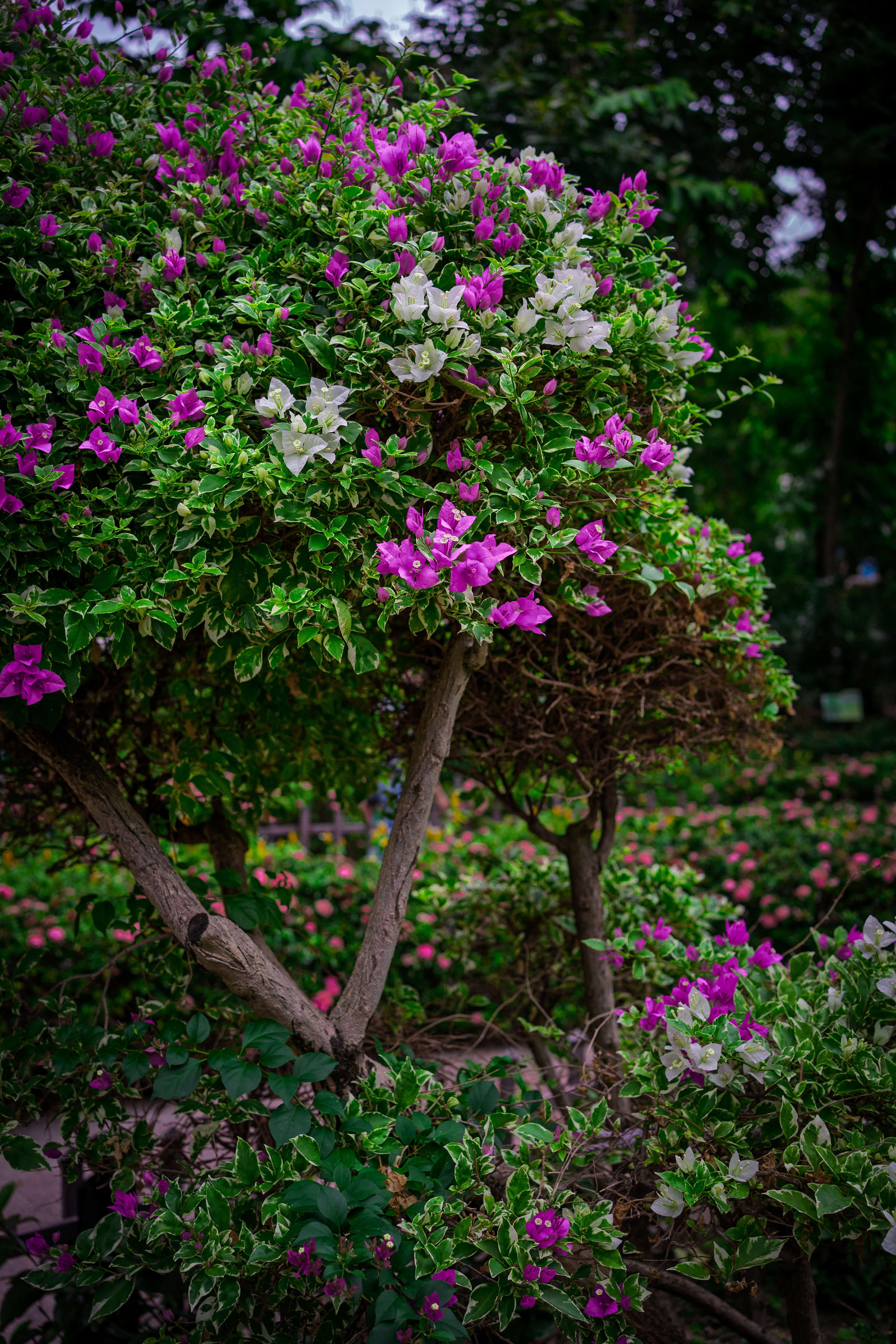
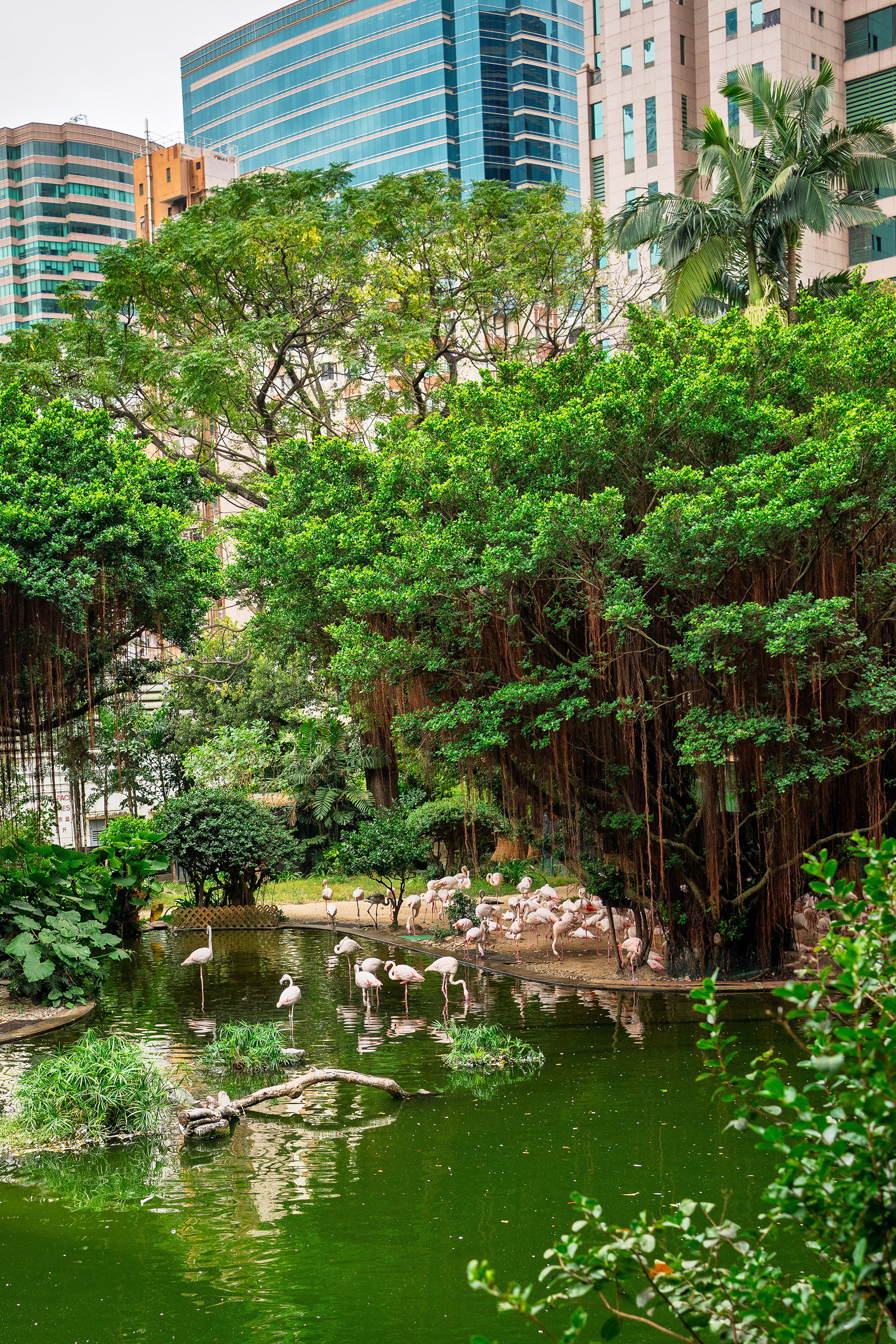
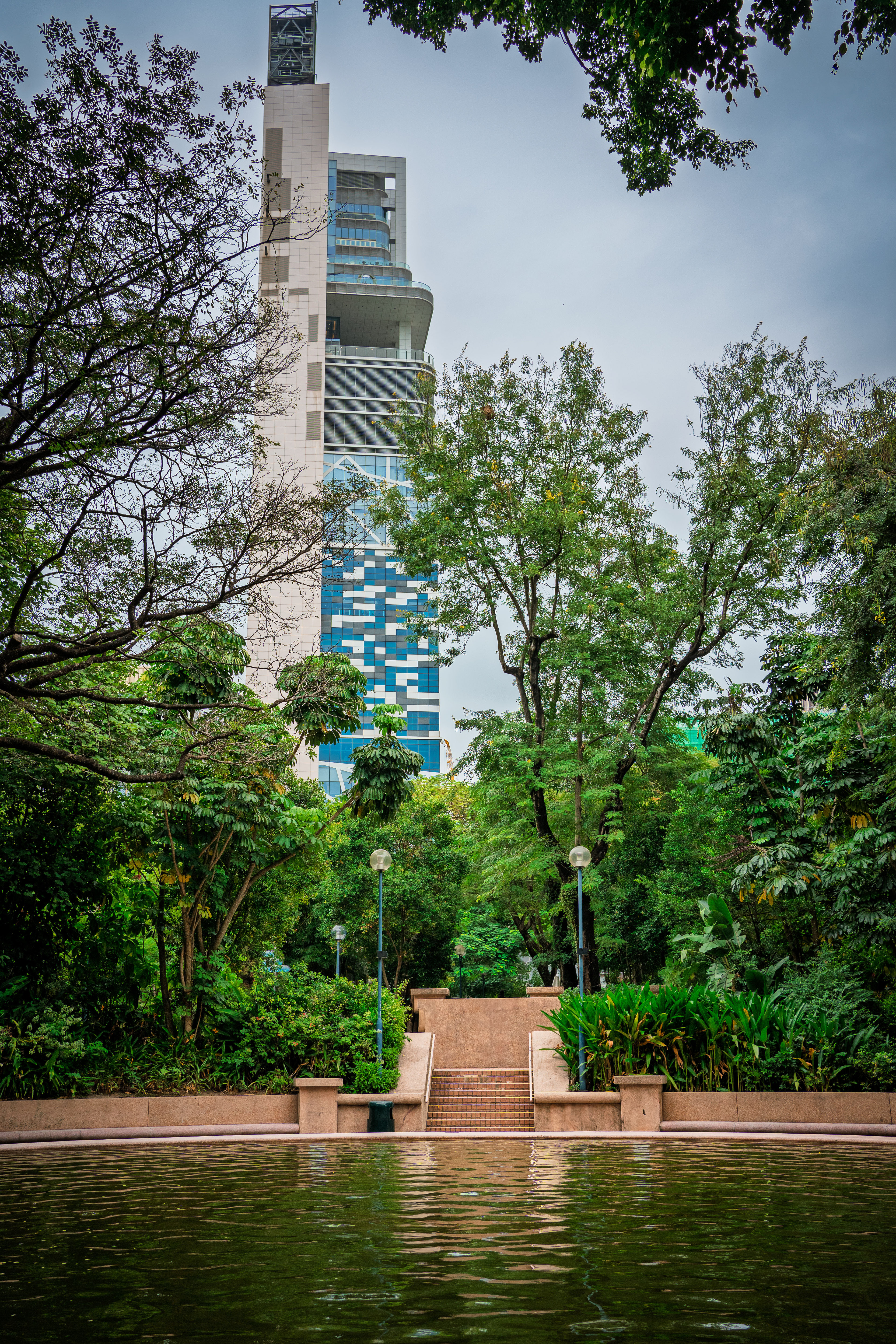
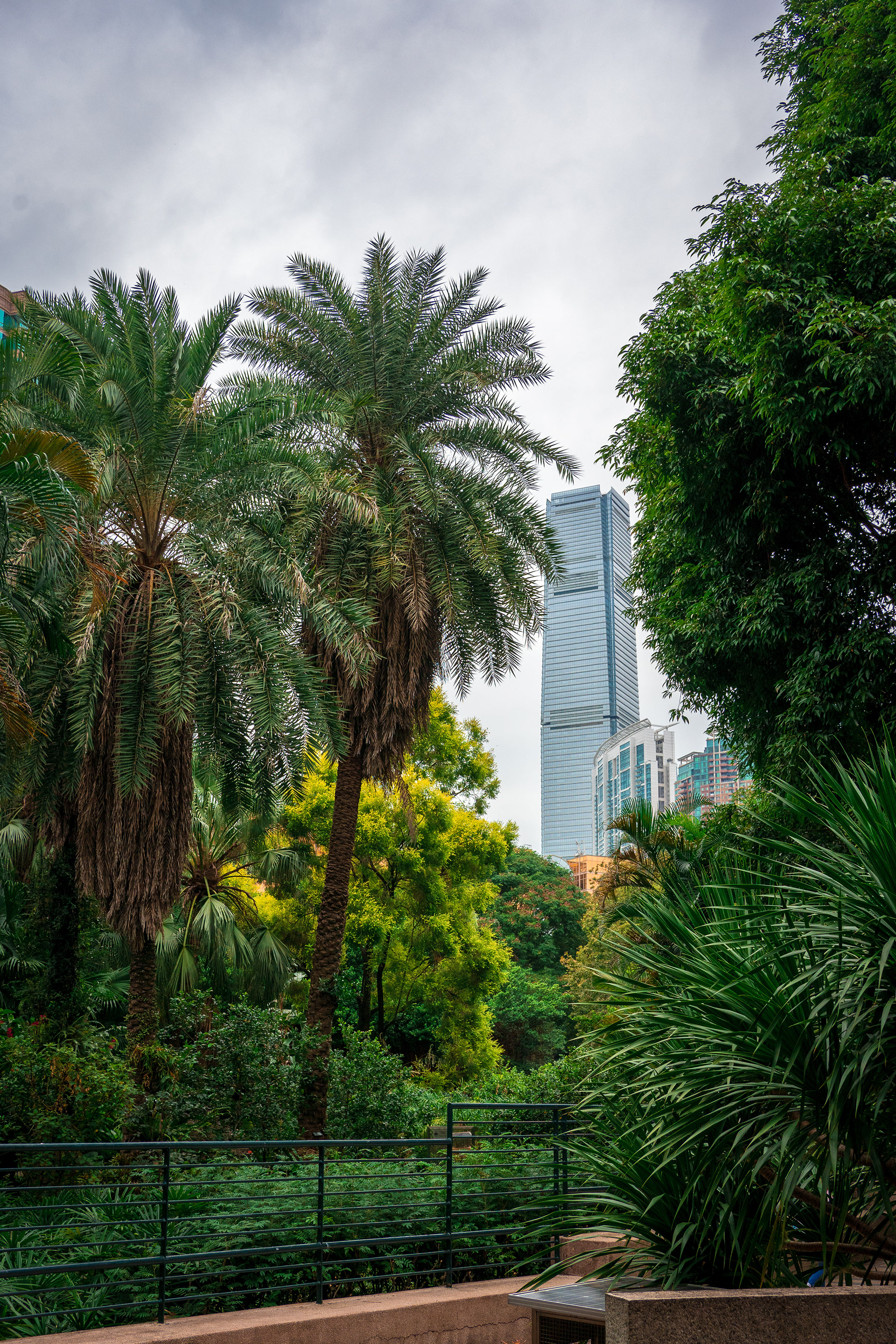
The name of the territory, first romanised as "He-Ong-Kong" in 1780, originally referred to a small inlet located between Aberdeen Island and the southern coast of Hong Kong Island. Aberdeen was an initial point of contact between British sailors and local fishermen.
Although the source of the romanised name is unknown, it is generally believed to be an early phonetic rendering of the Cantonese (or Tanka Cantonese) phrase hēung góng. The name translates as "fragrant harbour" or "incense harbour". "Fragrant" may refer to the sweet taste of the harbour's freshwater influx from the Pearl River or to the odour from incense factories lining the coast of northern Kowloon.
The incense was stored near Aberdeen Harbour for export before Victoria Harbour was developed. Sir John Davis (the second colonial governor) offered an alternative origin; Davis said that the name derived from "Hoong-keang" ("red torrent"), reflecting the colour of soil over which a waterfall on the island flowed.
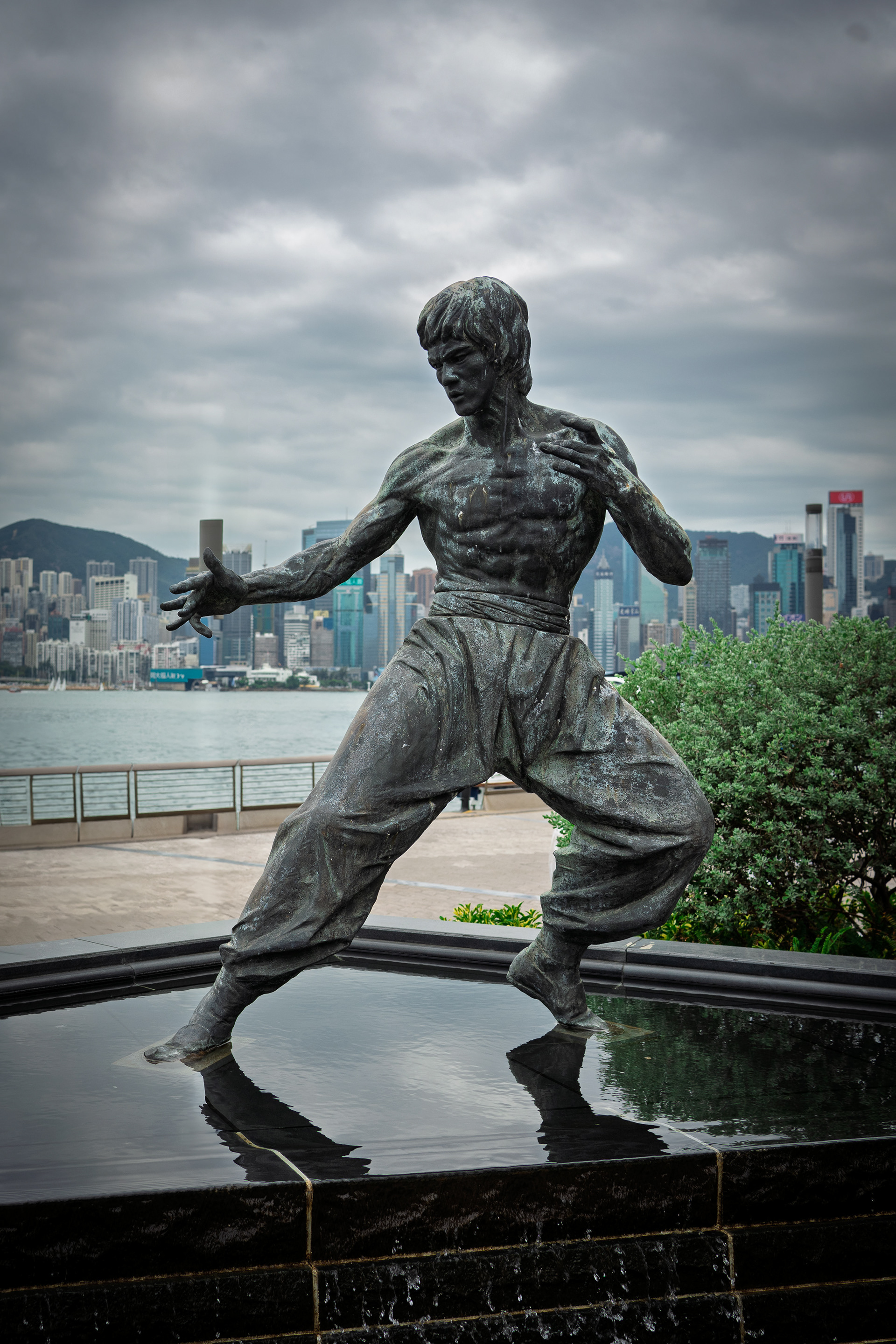




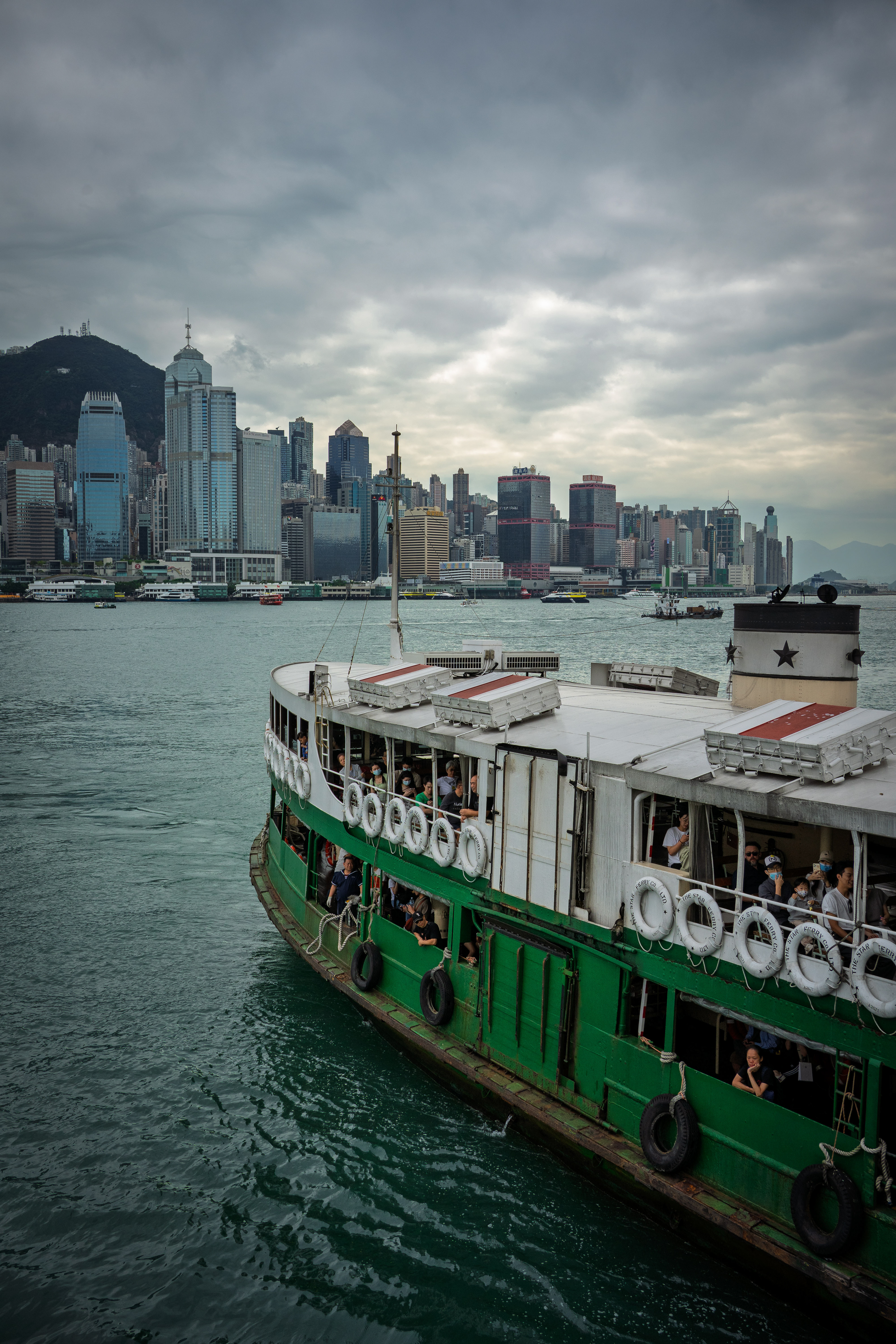
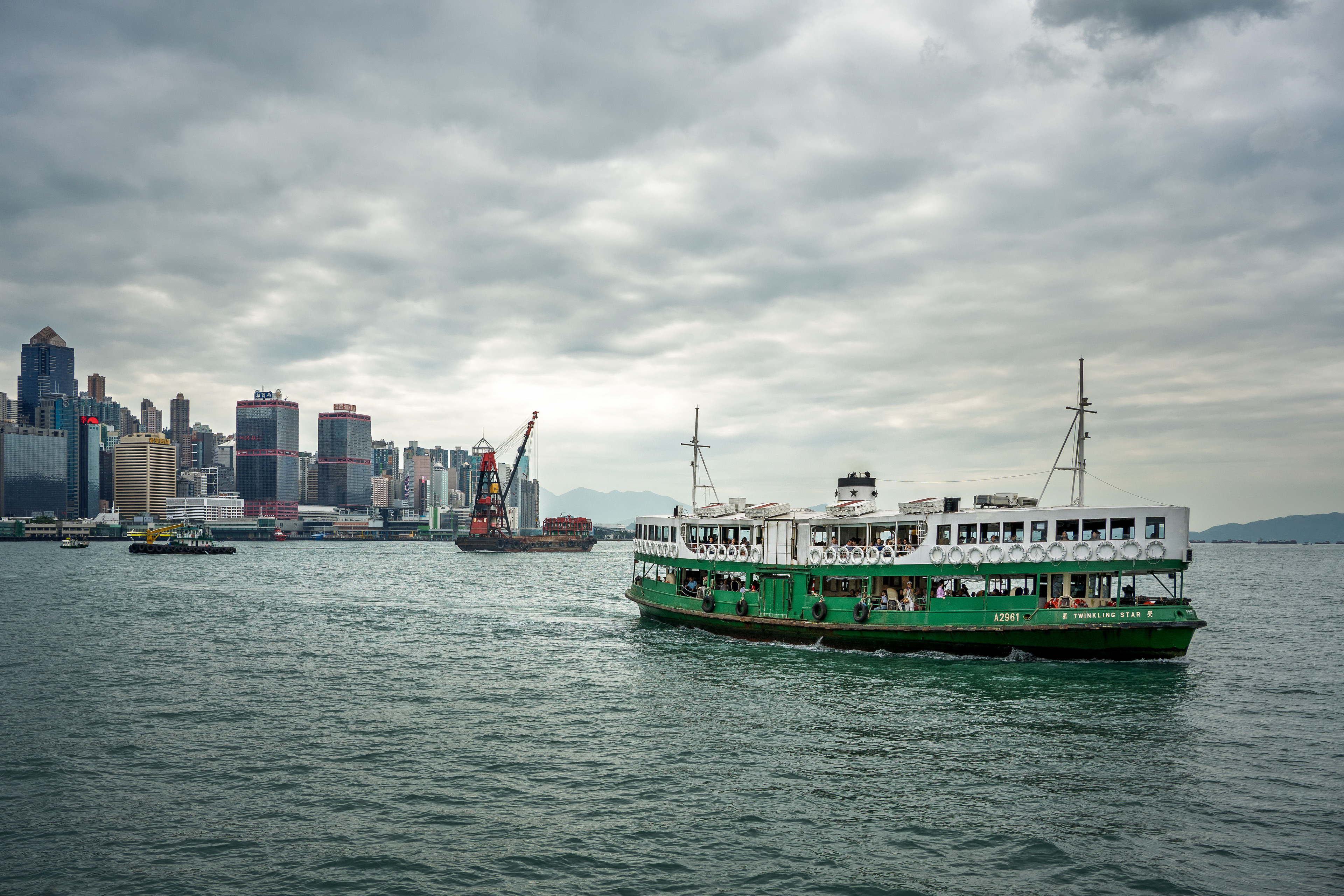
The Qin dynasty incorporated the Hong Kong area into China for the first time in 214 BCE, after conquering the indigenous Baiyue.
The region was consolidated under the Nanyue kingdom (a predecessor state of Vietnam) after the Qin collapse[35] and recaptured by China after the Han conquest. During the Mongol conquest of China in the 13th century, the Southern Song court was briefly located in modern-day Kowloon City (the Sung Wong Toi site) before its final defeat in the 1279 Battle of Yamen by the Yuan Dynasty.
By the end of the Yuan dynasty, seven large families had settled in the region and owned most of the land. Settlers from nearby provinces migrated to Kowloon throughout the Ming dynasty.
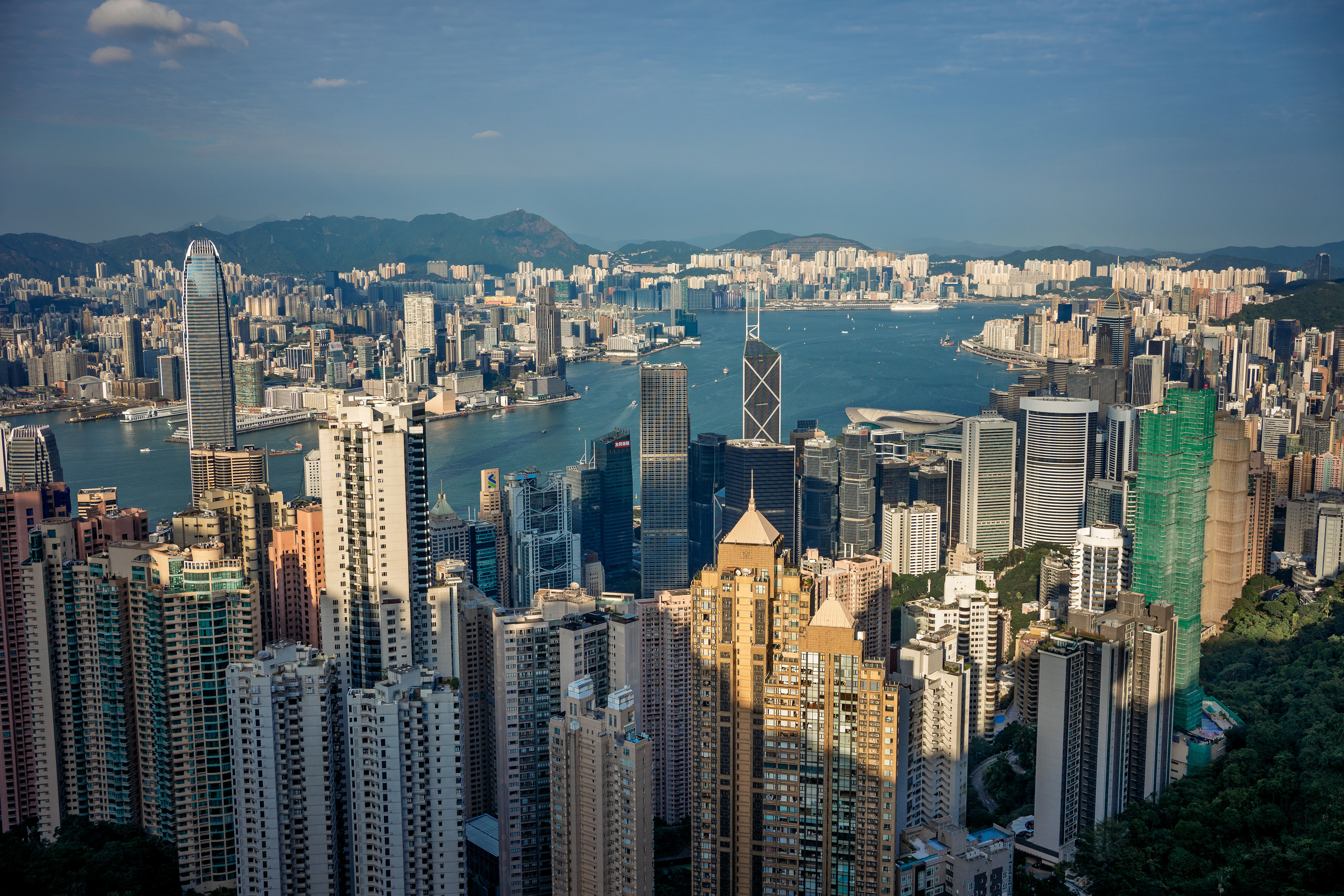
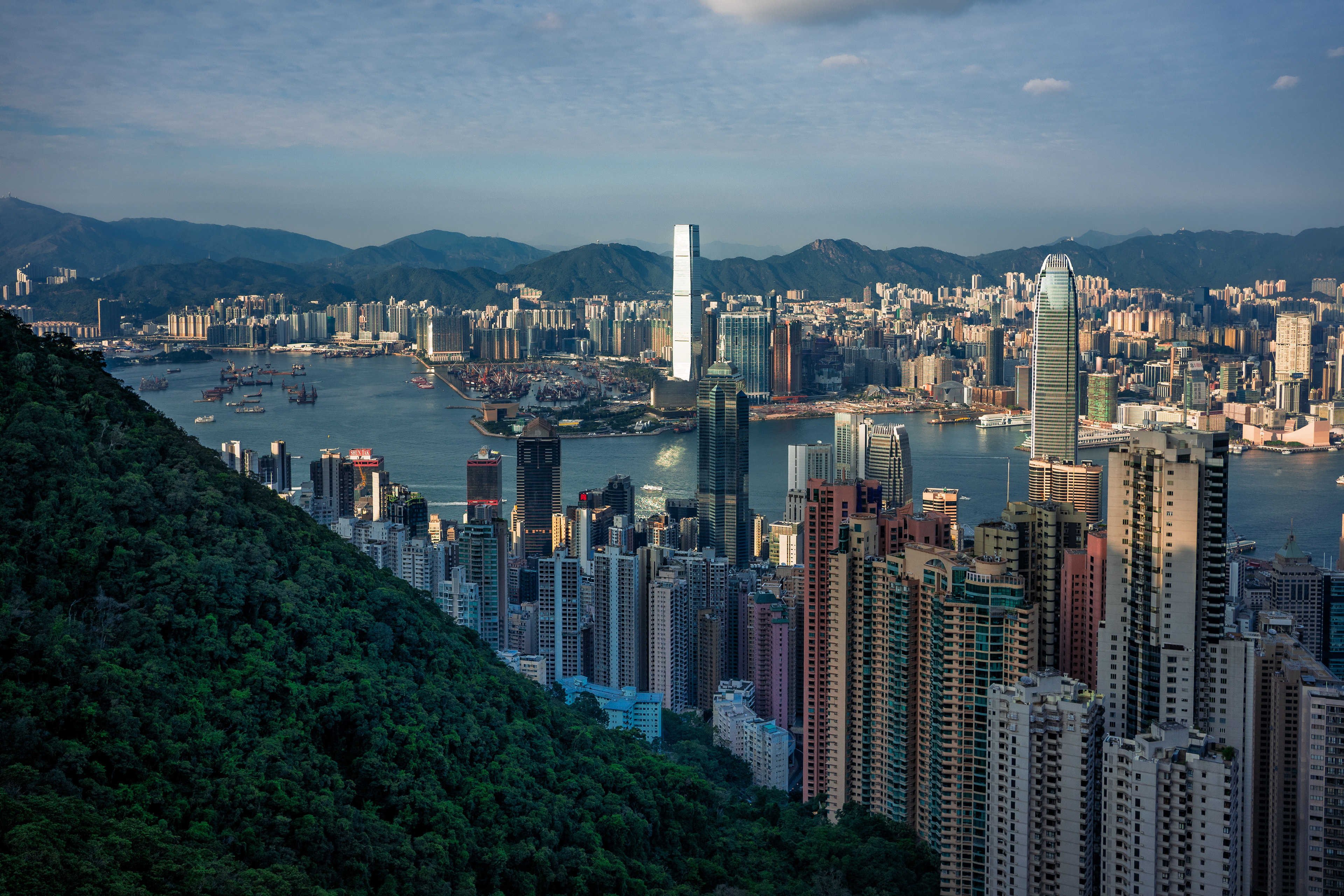
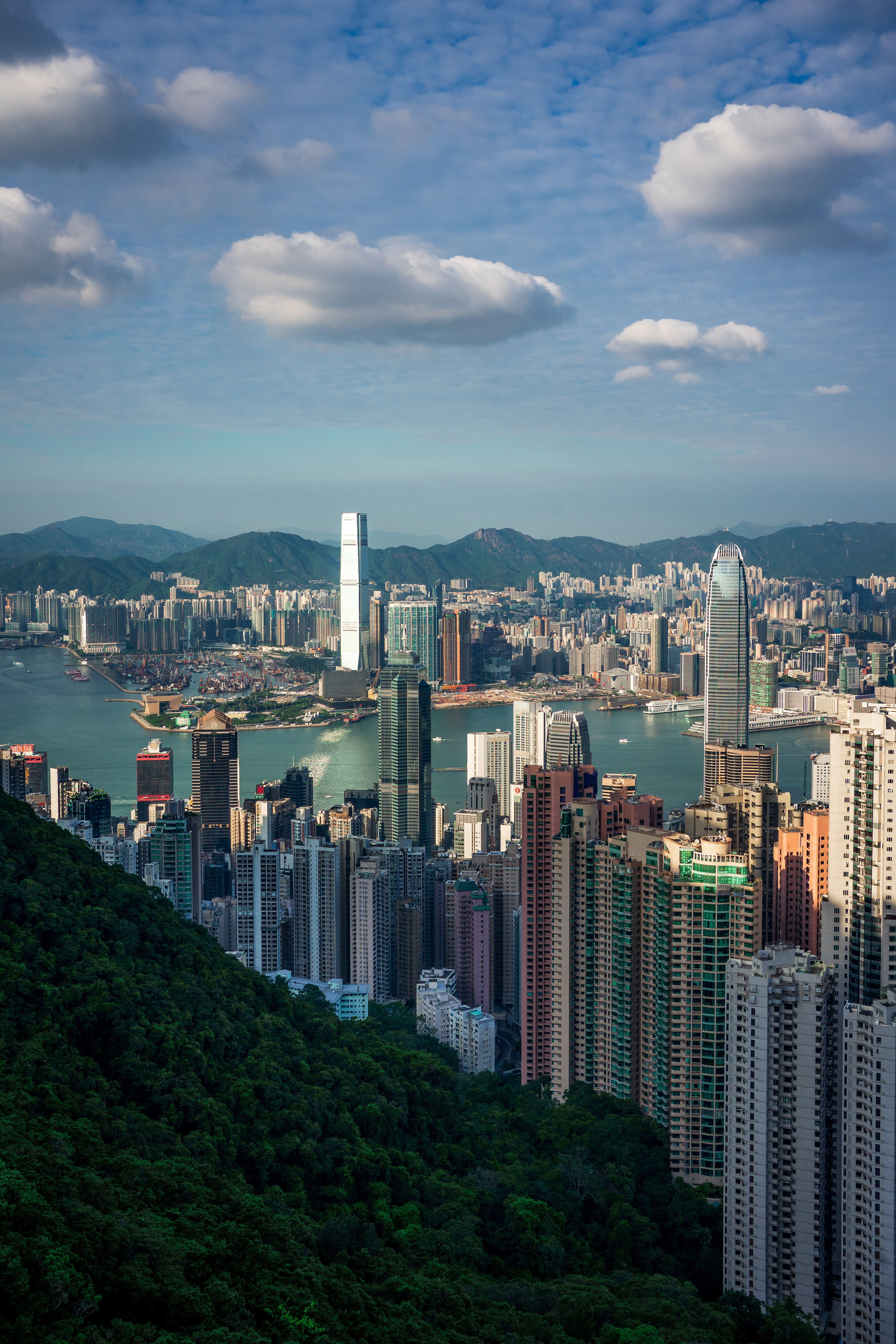



Hong Kong is characterised as a hybrid of East and West. Traditional Chinese values emphasising family and education blend with Western ideals, including economic liberty and the rule of law. Although the vast majority of the population is ethnically Chinese, Hong Kong has developed a distinct identity.
The territory diverged from the mainland through its long period of colonial administration and a different pace of economic, social, and cultural development. Mainstream culture was derived from immigrants originating from various parts of China; it was then influenced by British-style education, a separate political system, and the territory's rapid development during the late 20th century. Most migrants of that era fled poverty and war, reflected in the prevailing attitude toward wealth; Hongkongers would tend to link self-image and decision-making to material benefits.





